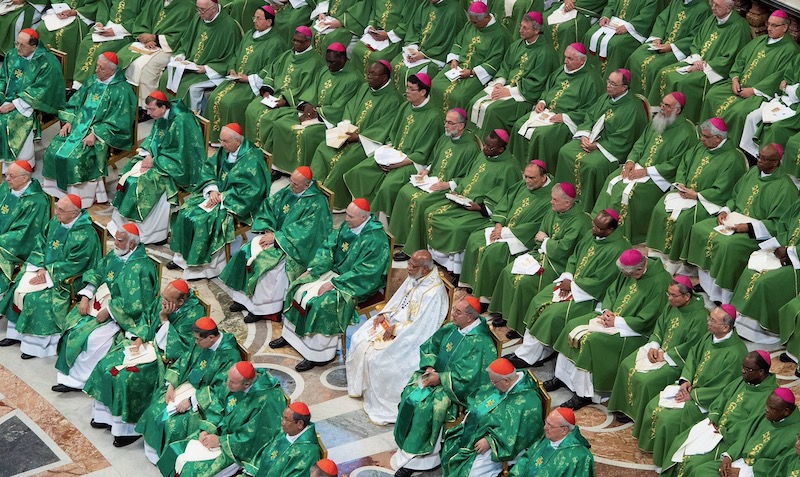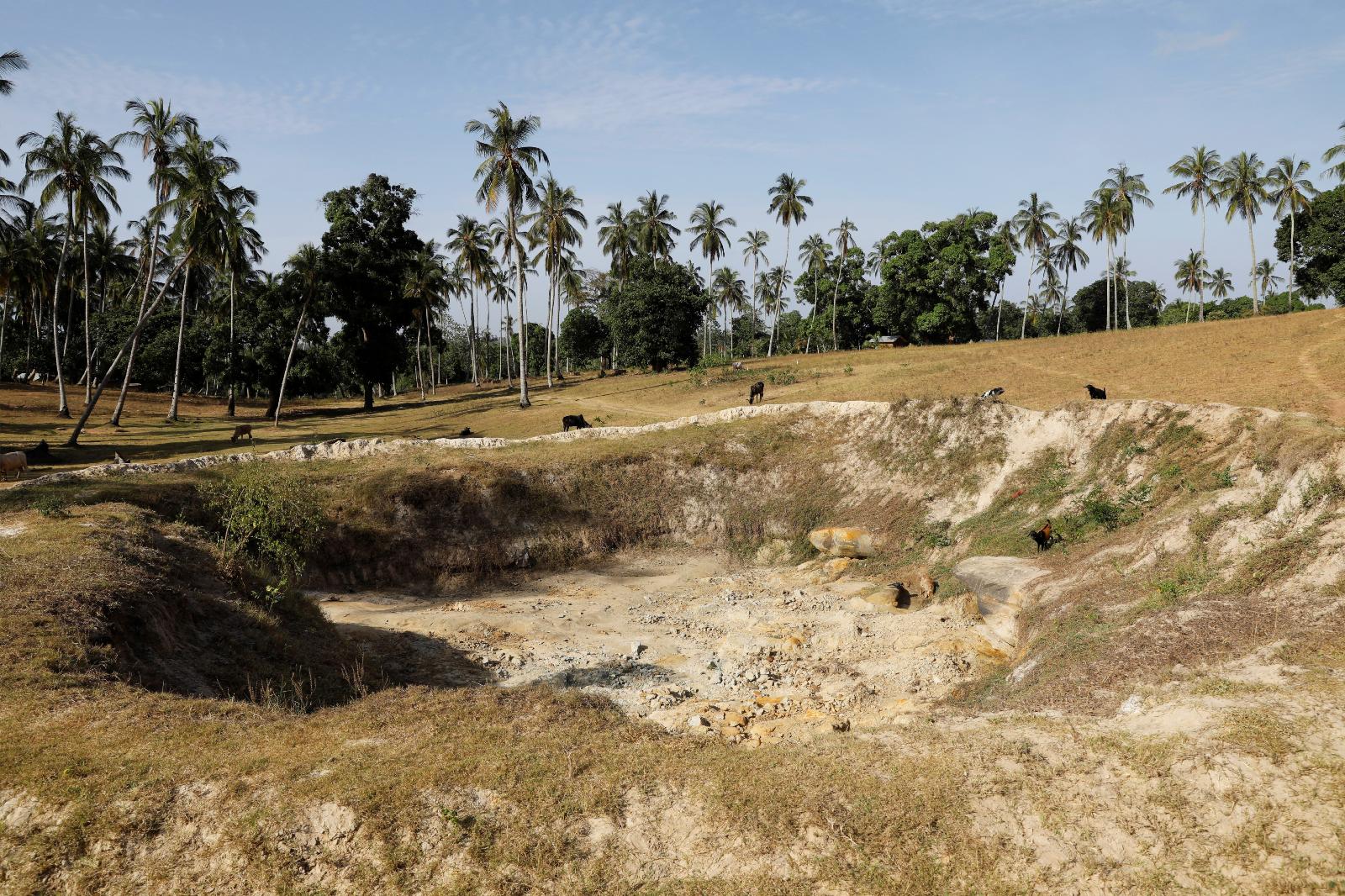When Pope Francis published his renowned encyclical, Laudato Si’, in 2015, he called for fundamental changes to how humanity answers the call of stewardship in caring for our common home. Seven years later, it can feel as though that “educational challenge [...] aimed at creating an ‘ecological citizenship’” for the next generation still looms. As our schools face the ongoing pressures of attainment in exams, especially post-COVID, how can Catholic educators create space for the ecological sustainability called for in Laudato Si’?
As a researcher focusing on care for creation in Catholic secondary education at St Mary’s University, Twickenham, one challenge for embedding sustainability in Catholic education is the growing phenomenon of climate anxiety or apathy. For instance, one survey from the charity Global Action Plan revealed that 77 per cent of students report feeling anxious or nervous when thinking about climate change, and 40 per cent of teachers felt a lack of engagement on environmental issues from senior education leaders.
A global survey from the University of Bath revealed that 72 per cent of children and young people think the Earth's future is frightening. The narratives around the climate crisis can lead to feelings of fear or helplessness rather than fostering a sense of climate hope and solidarity in community action within our schools.
It is here that the Catholic tradition can help us. We can draw on our Creation narrative from Genesis, the principles of Catholic Social Teaching, and the virtues of faith, hope, and charity central to our faith. Perhaps creating an ecological education grounded in faith and spirituality is one solution to the challenge.
Pope Francis offers something to consider on this topic. In Laudato Si’, he argues: “Good education plants seeds when we are young, and these continue to bear fruit throughout life.” Francis draws on this language of “cultivating” throughout his encyclical to describe the importance of virtues, our responsibility as stewards, and our relationships with one another and with God. This growth or flourishing of each student is a central part of the dignity of the human person that we advocate in Catholic education.
My work with schools reminds me that, much like Laudato Si’, this process is not static. I often remind my students that the encyclical is a letter inviting us to respond not with words but with “decisive action, here and now”. Similarly, seeds do not grow to their full potential alone but need good soil, water, light, time, and a caring gardener. When faced with climate anxiety or apathy from young people and school leaders alike, this idea of a community of growth slowly but surely reaching its potential together gives me hope.
Part of my current research with the multi-institutional Guardians of Creation project is looking at how we can cultivate Laudato Si’ Champions in secondary schools through educating them on care for creation and empowering them to act. This project has shown me that young people will thrive once you give them space and opportunity. In the projects I challenge the students to design, they come up with amazing ideas. From birdhouses and bug hotels on school grounds, compost bins and herb gardens for kitchens, recycling and zero waste initiatives, sponsored litter picks to raise money for charity, changing energy and water suppliers, and more. The students see opportunities for cultivating sustainability in every aspect of school life.
The academic community also has much to learn from teachers’ lived experiences, so creating space for these dialogues has become central to my practice as a researcher. For instance, an upcoming symposium on “Faith, Education and the Ecological Crisis” came from an open call for submissions to bring together a range of voices and develop a dialogue of best practices.
“Living our vocation to be protectors of God’s handiwork is essential to a life of virtue,” Pope Francis reminds us. “It is not an optional or a secondary aspect of our Christian experience.” So, to create space for sustainability in Catholic education, to grow those seeds of potential into global-minded ecological citizens, care for our common home must become embedded into the daily life and faith of our schools.
Time is too precious for environmental action in education to remain an optional extra. The transformation I’ve seen schools make when senior leaders, teachers, and young people come together to make change is full of extraordinary potential and hope. Planting the seeds that will enable our young people to live the values of Laudato Si’ may take time to nurture and grow. But the sooner we plant them, the sooner they will flourish.
Find out more about the Faith, Education, and the Ecological Crisis Symposium.



 Loading ...
Loading ...
What do you think?
You can post as a subscriber user ...
User comments (0)